FECPAK Diagnostics technology helping improve the health of children
Techion’s FECPAK technology is part of a Bill and Melinda Gates Foundation funded project, aimed at eliminating and controlling parasites in humans, one of the biggest killers of children in third world countries.
According to the WHO, soil-transmitted helminths (STHs), commonly known as internal parasites or worms, affect more than 1.5 billion people or 24% of the world’s population. These parasites live in intestines and in children they can cause malnutrition, stunted growth, intellectual difficulties and cognitive deficits.
The Bill and Melinda Gates Foundation has funded the project with a collective group of research partners led by Professor Bruno Leveke from Belgium’s Ghent University. Known as STARWORMS, the project’s objective is to research drug efficacy and drug resistance in programs aimed at eliminating and controlling parasites in people. FECPAK, developed by Techion is one of the diagnostic technologies being evaluated in the project.
An image-based technology, FECPAK enables a field operator to prepare a faecal sample for analysis in the field. The image is uploaded via the internet and is analysed for parasites online by a technician who can be located anywhere in the world.
Across Asia, Africa and South America large school-based mass drug deworming programmes are the norm to treat the disease, meaning some children are treated with drugs regardless of whether they have parasites or not. Developing a system which allows an evidence-based approach to treatment to assist the targeting of drugs to children who have parasites, could revolutionise management of parasites in children.
Professor Bruno Levecke from Belgium’s Ghent University, says experience to date with FECPAK shows it has the potential to solve some of the most important challenges for diagnosis of worms. Most importantly, he says it offers quality control and in the future, may allow for quicker sample processing.
Researchers have confidence in the results we obtain with FECPAK. It offers a major advantage over existing techniques, as the results are stored online as pictures making it easy to re-check if there is a question.”
“As the technology evolves, the digital system enables the potential for automated egg counting – an exciting possibility. The idea that a process that today requires human eyes might soon be performed by a software algorithm, speeding up sample analysis and allowing more samples to be processed each day will significantly reduce costs and make a real difference to the fight against parasites in children.”
More information on the Star Worms project can be found here. Peer-reviewed research papers about the STARWORMS research are available here and here.
